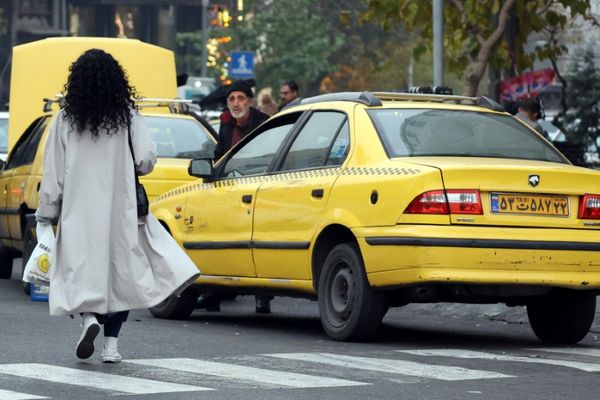
Steven Donziger’s article on the outcome of Ecuador’s recent referendum, banning oil drilling in the Amazon’s Yasuní national park, offers a glimmer of hope in relation to climate justice (The people of Ecuador just made climate justice history. The world can follow, 31 August). Despite courageous local activism against illegal drilling, stopping it altogether has had limited success to date. Of the two remaining candidates for the presidential runoff in October, the conservative Daniel Noboa, the 35-year-old son of a banana magnate, has vaguely hinted on the need to diversify away from reliance on oil. The position of the other candidate, 45-year-old Luisa González, is also uncertain in relation to oil production. She is an ally of the former president, Rafael Correa.
Ecuadorian courts have accused Correa of corruption and sentenced him to prison in absentia, should he return from exile in Belgium. An omission from the article is the assassination on 9 August of the presidential candidate Fernando Villavicencio, a strong voice against corruption and illegal oil drilling. Recognising the power of oil and drug interests in Ecuador, combined with the country’s significant socioeconomic inequalities, might help ensure that the referendum vote becomes a positive step forward rather than offer naive optimism that ends in disappointment.
Frank Brouwer
Department of economics, University of Sussex







